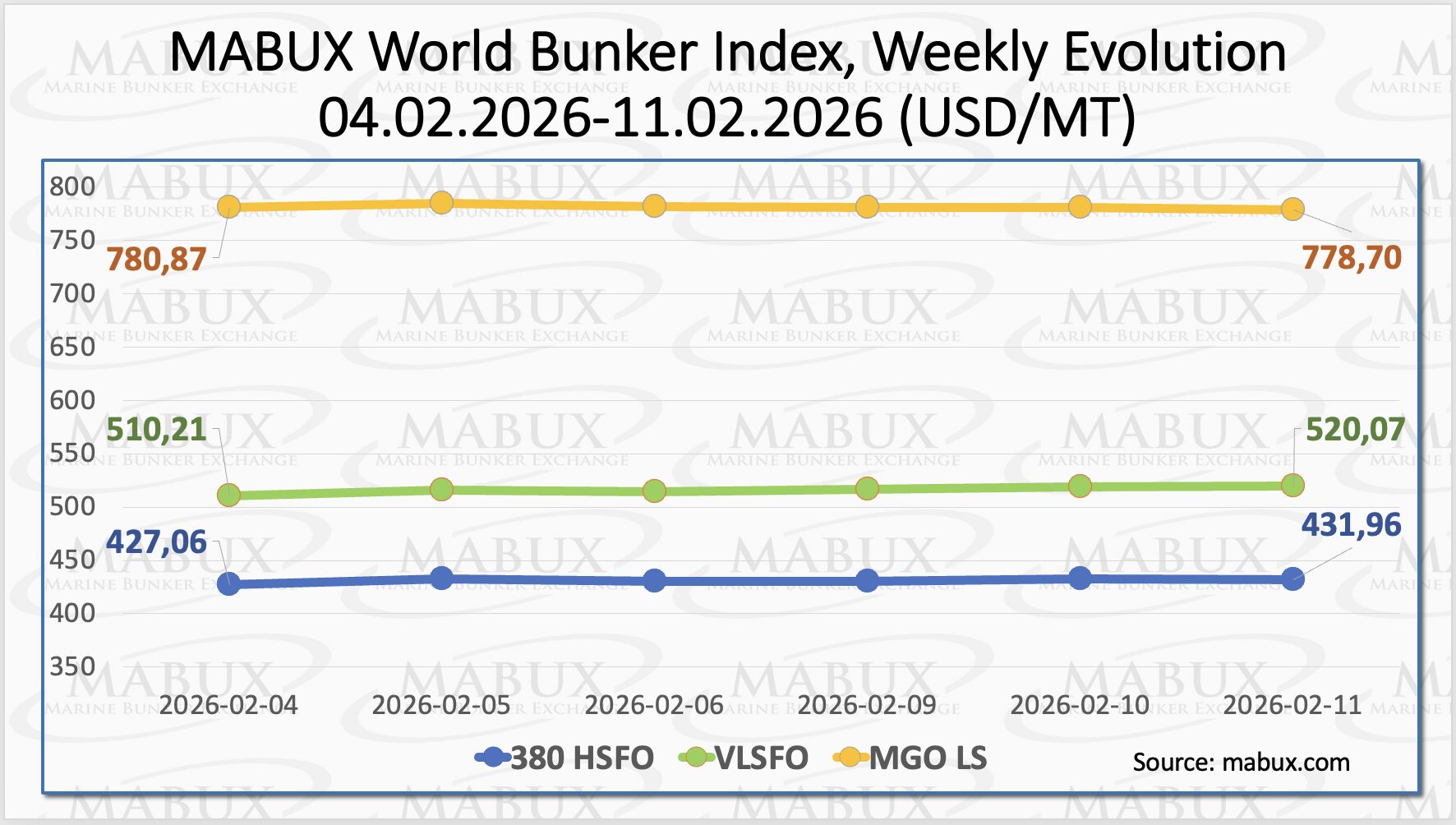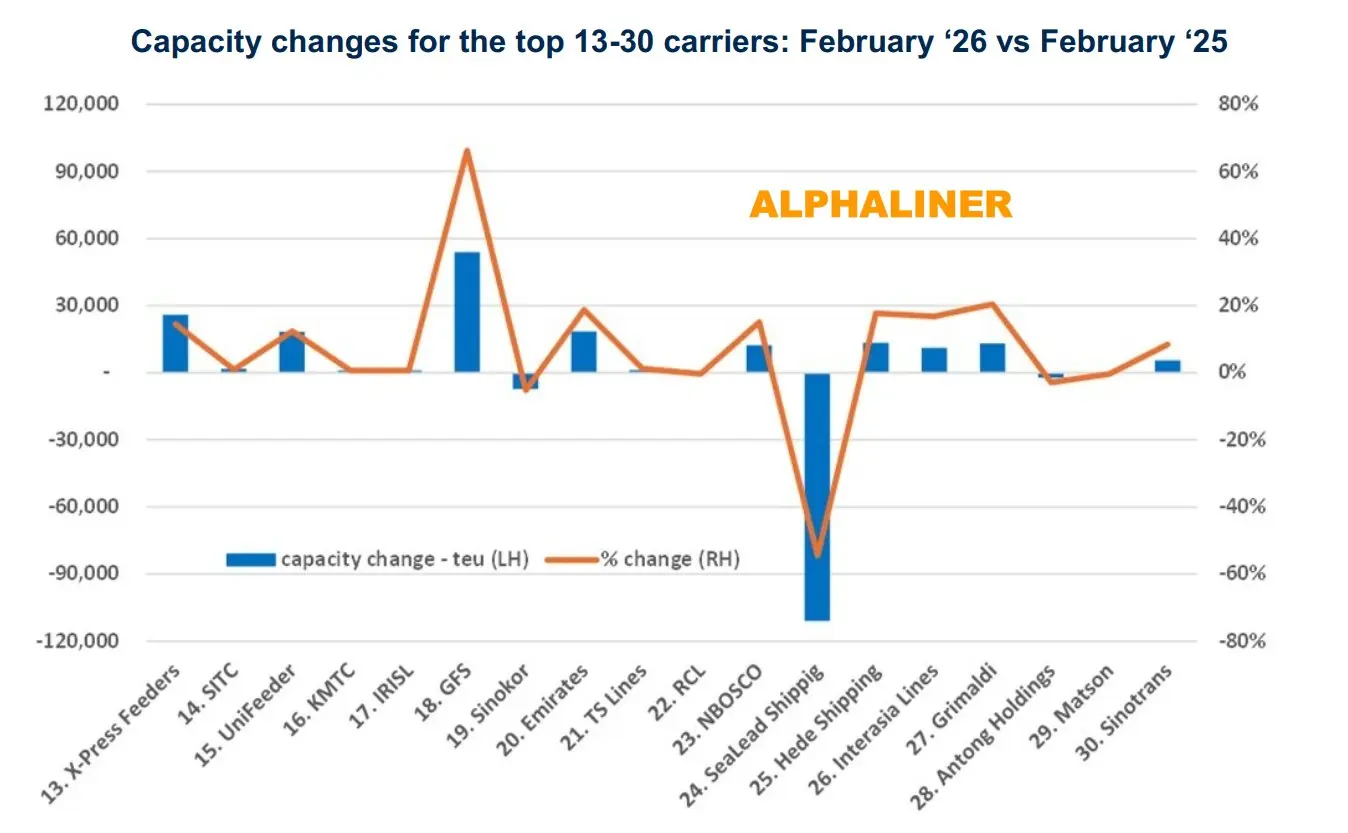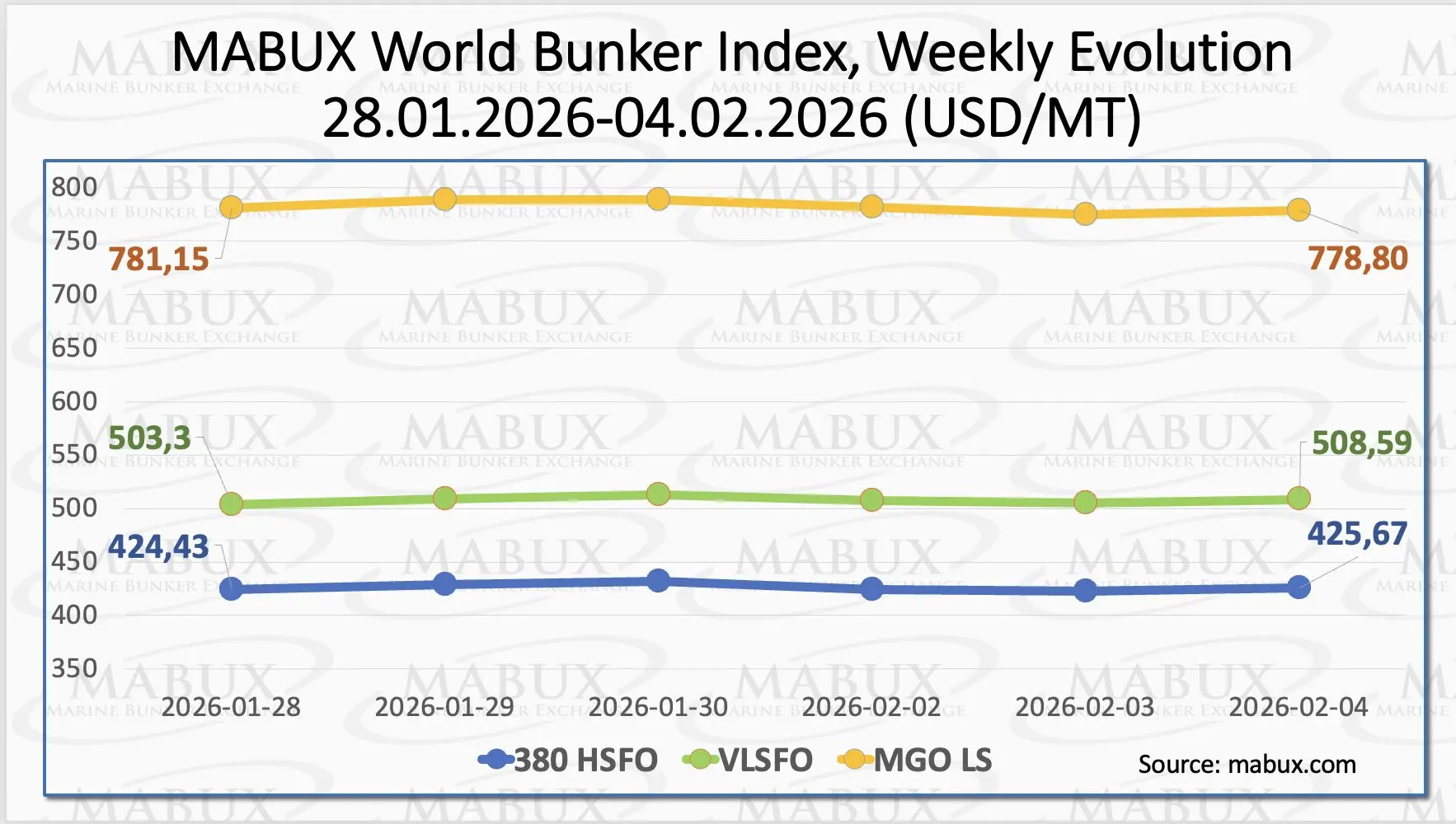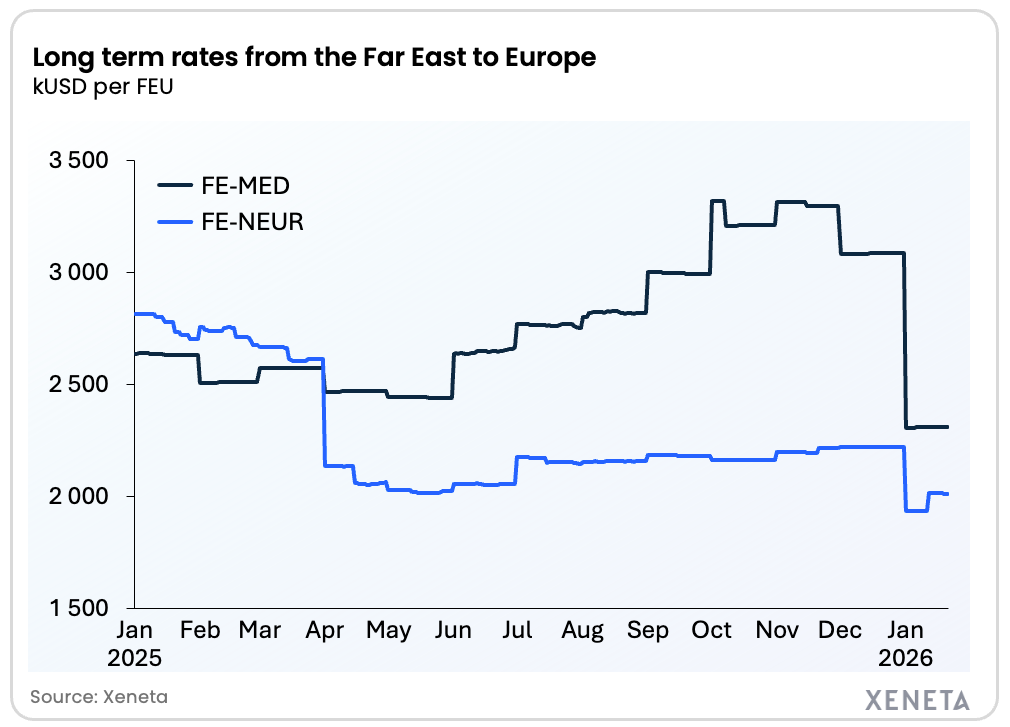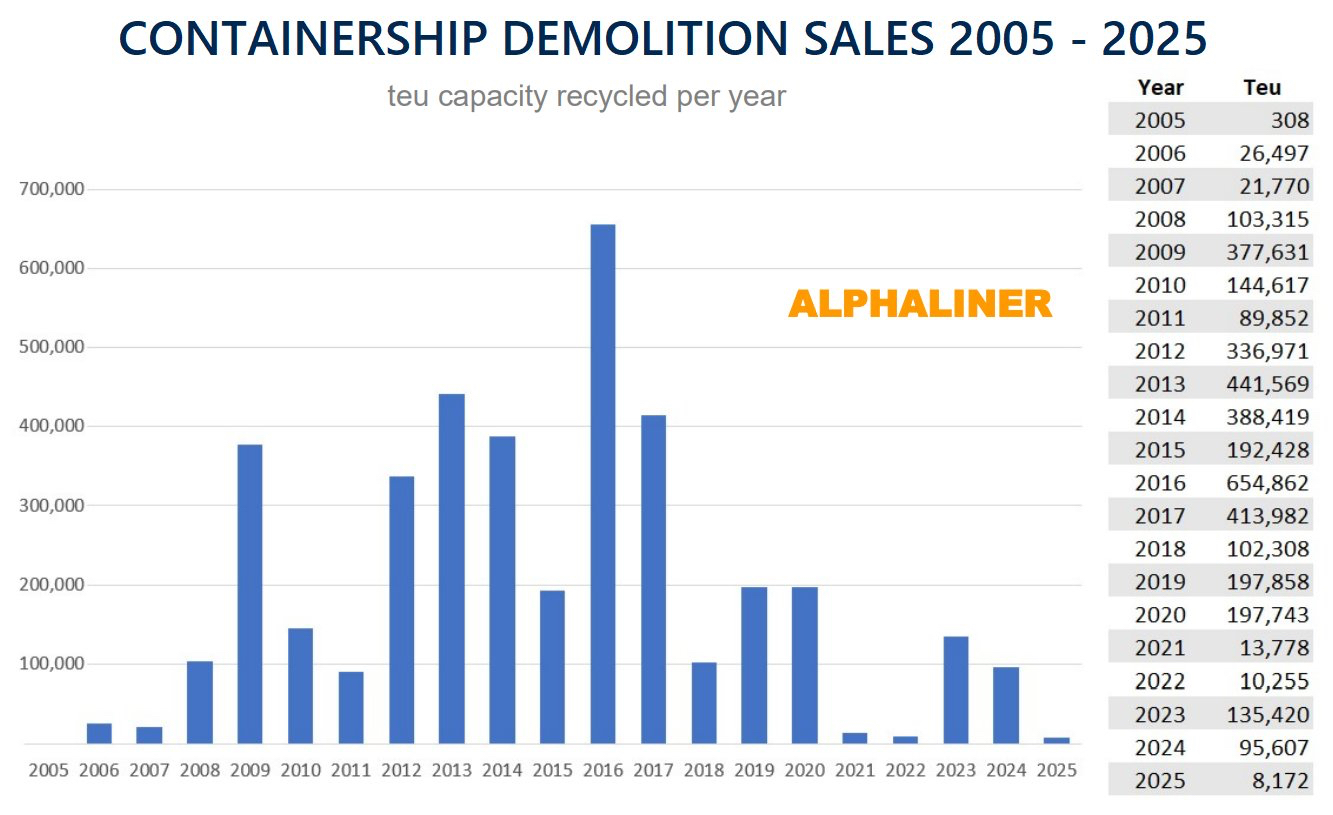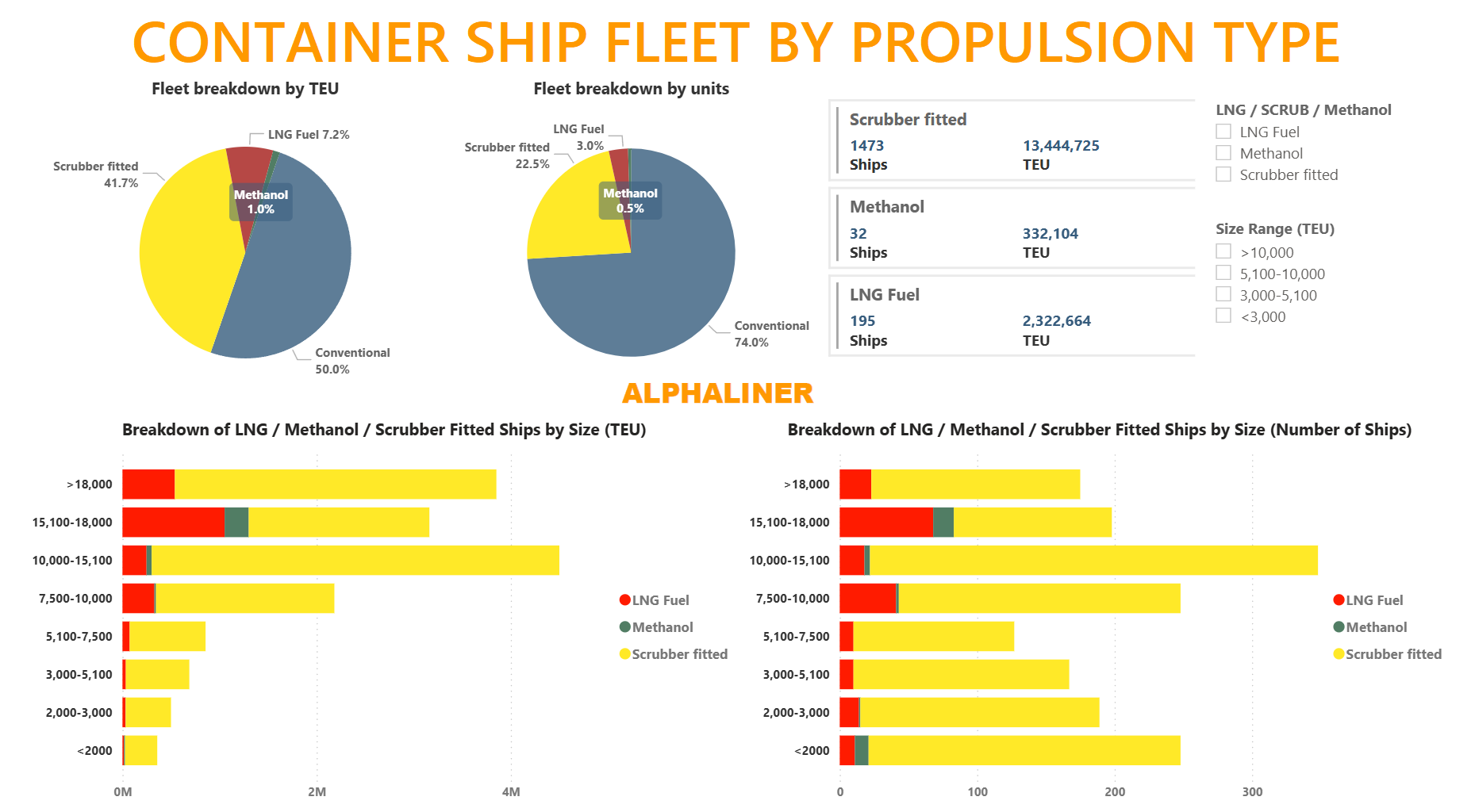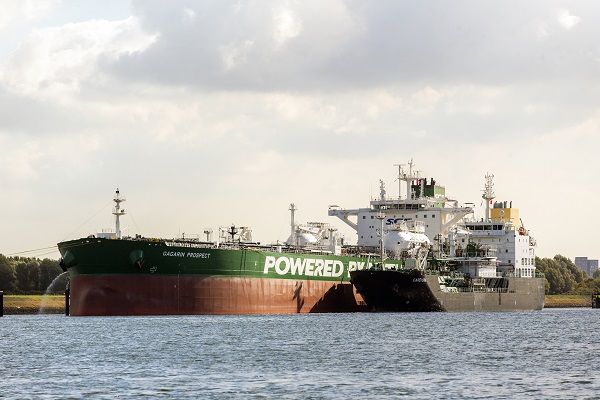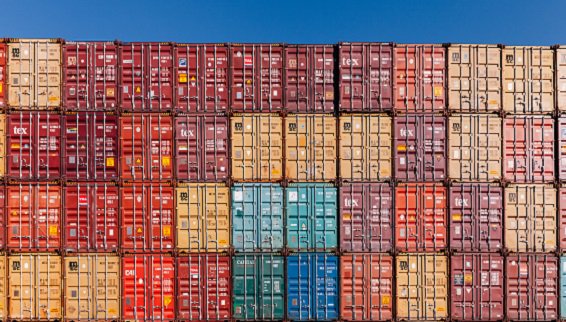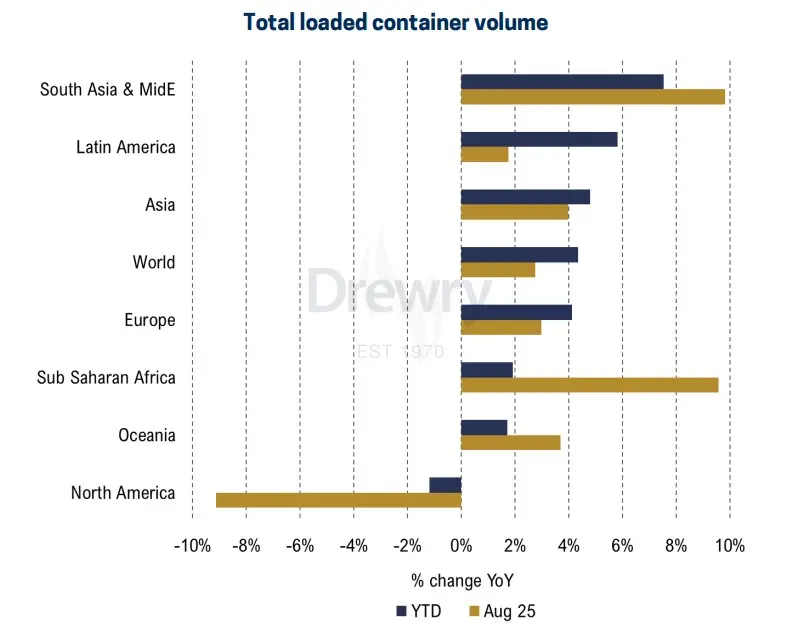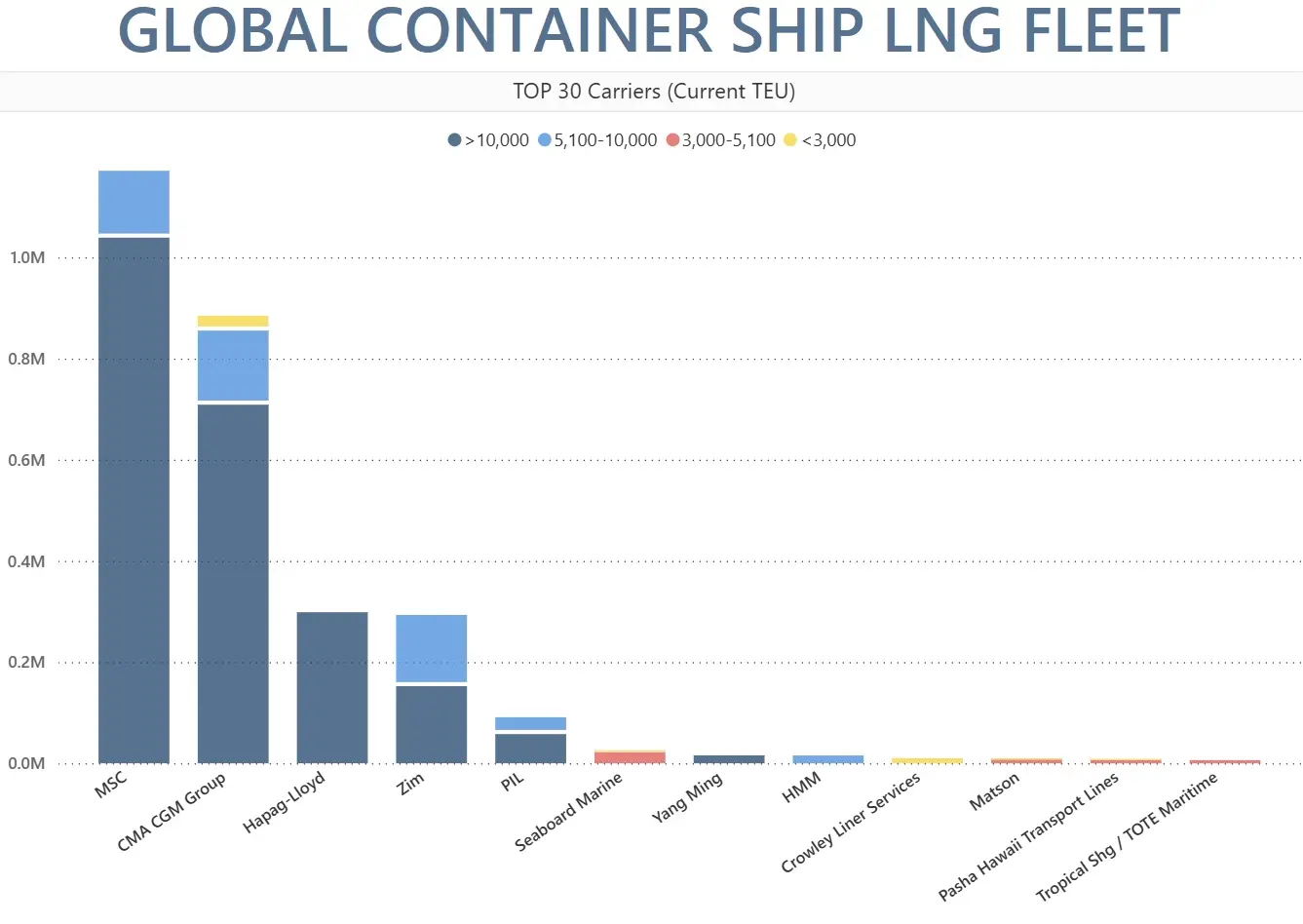

By John Roper, Managing Director & Head of Middle East, Uniper Global Commodities SE
For the first time since engines replaced sails in the early 19th century, the operational status quo of global shipping is being rewritten. The International Maritime Organization’s (IMO) ruling to reduce the sulphur cap for bunker fuel from 3.5% to 0.5% by 2020, not 2025, means an overhaul of the industry facilitating 90% of the world’s trade, including energy commodities – and quickly.
2020 is a very short two years away for energy stakeholders to adapt to one of the biggest disruptions in the shipping industry in living memory. High sulphur fuel oil (HSFO) was used for approximately 70% of the world’s bunker fuel in 2016; volumes that will not be compliant post-2020. The impact of the IMO ruling could result in a demand drop of as much as 2.1 million barrels per day in HSFO accounting for nearly 30% of global residual fuel oil demand. No entity along the value chain – from refineries, trading, logistics, ports to shipowners – in the Middle East and beyond will be untouched.
Front runners
A silver bullet to post-2020 bunkering remains elusive. But amongst the plethora of options, low sulphur fuel oil (LSFO) and liquified natural gas (LNG) bunkering are emerging as preferred options for energy stakeholders seeking an economic and environmentally sustainable route. Plans to increase the use of both bunkering options are under discussion in the Middle East; the UAE’s Port of Fujairah, the world’s second largest bunkering hub, is already developing LSFO bunkering solutions and in the GCC FSRU LNG import projects can be designed to facilitate LNG bunkering.
LSFO ticks the right environmental boxes and is arguably the Middle East’s easiest shortcut to meeting the IMO’s ruling, as the region’s portfolio of dedicated and sophisticated refineries can adjust their crude palettes to 0.1% (Ultra Low sulphur fuel oil, used in emission control areas (ECA) ) – 0.5% sulphur relatively easily. LNG bunkering also contains almost no sulphur, can be priced off oil markers, is a proven technology and has lower greenhouse gas (GHG) emissions. The green credentials of both fuels also support Middle Eastern governments’ commitment to the Paris Agreement; an important consideration when so much of the region’s energy assets are state-owned or associated.
As with any major change, some hurdles must be navigated first; this is not a negative, but a sign of progress. The lines of communication between refineries, ports and ship owners need to improve to accurately gauge the need and subsequent supply of LSFO supply from 2020. The same applies to minimizing the variability of the blend quality between suppliers all over the world. Meanwhile, LNG bunkering tends to suit fixed maritime routes that already have supporting infrastructure in place, both at ports and via floating storage regasification units (FSRUs). To broaden the application of LNG bunkering post-2020, improving this level of flexibility to ensure roaming ships are catered for must be a priority. Advocates of LNG bunkering must also address the question of supply. Rising power demand means the region’s gas imports are growing; LNG imports grew by more than 380% in the last three years, S&P Global Platts said in 2017. Energy stakeholders need to work out the logistics and maths of sourcing high volumes of LNG for bunkering amidst domestic and industrial needs.
Other bunkering options include using HSFO alongside scrubbers or exhaust gas cleaning systems, which are not considered an environmentally-friendly route long term. Additionally, the cost of investing in scrubbers can range between US$1-9 million per ship depending on it’s size. Ship owners are currently reluctant to make these investments as the industry struggles out of a low margin environment. Alternatively, ship operators can fail to act and pay the penalties. While there is no global game plan – solutions depend on individual needs – there is a consensus that conformity for post-2020 bunkering will help trim overall costs and improve energy supply and security.
It is still better to feel the financial squeeze today than risk financial sorrow in the future; compliance to IMO 2020 carries a steep price tag in a cash-strapped energy industry. Consultants Wood Mackenzie estimated last year that a full compliance scenario would incur an increase of up to $60 billion per year in global bunker fuel costs from 2020, while S&P Global Platts said the impact of these changes will reach $1 trillion over five years. The line between winners and losers in the early 2020s could be well-defined between those who can afford to evolve – and those who cannot.
Each point should serve as a reminder that the emphasis on making bunkering ‘greener’ will only intensify; therein lies the value of LSFO and LNG. Leveraging either or both will relieve these intensifying pressure points. They also serve as a good starting point for energy stakeholders to hedge against more shifting sands; more climate-related mitigations in the energy market are inevitably around the corner.

